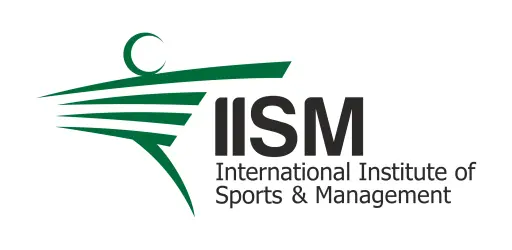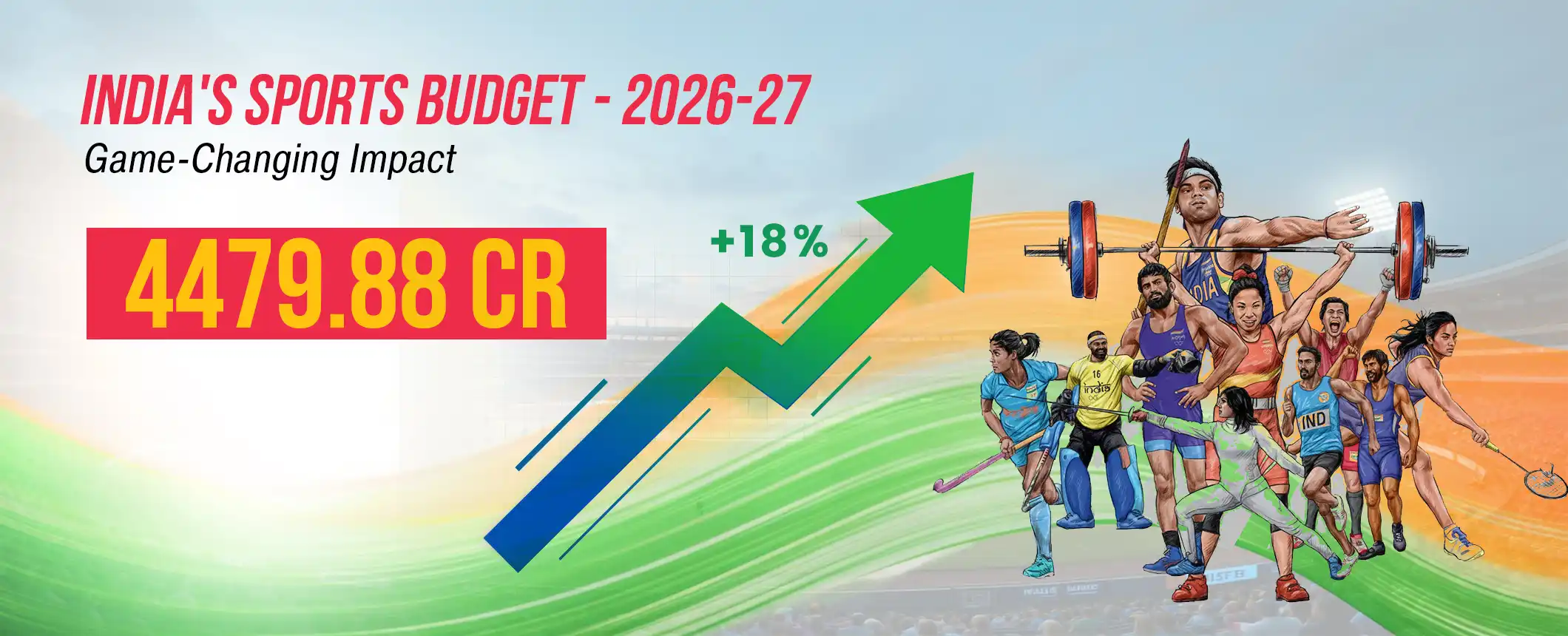Sports Nutritionist – Careers, Job Description, and Benefits

Not so long ago, people did not consider consuming supplements or energy drinks. Cut to the present day, everyone is health-conscious, and people are taking extra care of what they eat and cutting down the consumption of junk food to remain healthy.
People are now becoming more aware of what they consume and have become cautious about their nutritional intake. This is also a major reason why the nutrition industry has grown exponentially. Nutrition products undergo thorough quality checks and are inspected under strict regulations, just like the pharmaceutical industry.
One major factor that has contributed to the phenomenal growth of the nutrition industry is the sports industry. Sporting icons promoting healthy diets and supplements that aid in boosting immunity have led the general population to buy health supplements. The dietary supplements market in India is projected to reach ₹1578 billion in 2025 per Express Healthcare, with a CAGR of 13.6% projected until 2030.
High demand for health supplements, protein bars and energy drinks, youngsters actively taking part in exercises that require high levels of fitness, the health-conscious mentality of millennials and Gen-Z alike and busting myths about the supplements have also aided in the growth of the sports nutrition market in India.
Athletes who are serious about their health are constantly training hard and are in search of ways that will enable them to take their performance to the next level. This is where nutritionists come into the picture, as they play an important role in an athlete's performance.
They evaluate the athlete's current health condition, understand what is expected of the athlete and devise diet plans that will aid the athlete to train in an optimum way and enhance their performance. Athletes must be educated on what and how much food they must consume and most importantly should be told what they are not supposed to consume and why.
An athlete challenges his body on a regular basis through physical training and competitions. In order to keep up with the requirements of his activity or sport, the athlete requires enough fuel for daily training. The food they take leaves an impact on strength, training, performance and recovery. And besides the food consumed, the time of consumption is equally important in this scenario.
A nutritionist will only be able to guide the athlete properly if they are trained well and are well aware of what is needed from them.
Job Description of a Sports Nutritionist
Sports nutritionists have access to the athlete's specific nutritional needs and they accordingly customise a diet plan and recommend changes to their current plan.
Predominantly, these are the roles and responsibilities that a sports nutritionist has to undertake:
-
Interact with athletes to understand their current diet plan and explain crucial aspects of nutrition they must know.
-
Analyzing the athlete's diet, comparing their previous results while adhering to the diet plan and making necessary changes.
-
If the athlete is on a strict budget, then the diet plans will change accordingly.
-
Over time, the nutritionist will note down the effects of the new diet on the athlete and their performance.
-
If the changes are what they had expected, the nutritionist will continue the diet plans or make necessary changes.
How to become a Sports Nutritionist?
Sports nutrition falls under the broad umbrella of sports science. So, by enrolling in a Bachelor of Sports Science (BSS) or Master of Sports Science (MSS) degree course at International Institute of Sports & Management (IISM), you will learn about varied aspects of the sports science world including sports nutrition.
This formal education in sports science helps you become industry-ready. And for the same, IISM has collaborated with sports nutritionists like Krushmi Chheda, who are renowned experts in this sector.
However, to become a sports nutritionist, a candidate needs to pursue a Master's or PG course with a specialization in Sports Nutrition after completing Bachelor of Sports Science (BSS). One can also pursue a Bachelor of Science (B.Sc) in Nutrition and Dietetics to become a nutritionist.
The BSS + M.Sc in Sports Nutrition pathway is ideally recommended for becoming a sports nutritionist, as it gives the candidate an adequate knowledge of sports science and how athletes function besides their specialized knowledge about nutrition and dietetics.
From a groundwork perspective, a student must clear their 12th standard board exam in science and must have an interest in learning more about biology and medical terms. However, every institute has its own criteria that the student must fulfill to secure admission.
At IISM, you can secure admission for BSS by clearing SSAT, which is our entrance test exam.
Career prospects after completing Education in Sports Nutrition
Once you have completed your formal education, you can get appointed as a sports nutritionist, sports dietitian, health coach and expert in nutrition performance.
Professional teams in sports leagues and national sports teams have got an increased awareness about sports nutrition, and as a result, are hiring sports nutritionists to become an integral part of their support staff.
Besides that, though, a sports nutritionist can work in all sectors such as government or private and even start their own practice. There is a lot of scope nowadays for nutritionists in general, as the number of health-conscious people is on the rise.
If you become a sports nutritionist, then you also get to travel with the team to their sporting venues and ensure the athletes adhere to a strict diet. This ensures their performance will be at its peak during the game.
Learn more about the career prospects after becoming a sports nutritionist by Ms. Aradhana Sharma, Senior Sports Science Consultant and Visiting Faculty at IISM.
Benefits of becoming a Sports Nutritionist
A technically-challenging job like this does need a lot of expertise, dedication, and passion for nutrition and health as a whole. So, it can get a bit monotonous. However, the working in sports nutrition with athletes and teams has several benefits that makes people chase this vertical nowadays.
Following are the benefits of becoming a sports nutritionist:
-
Help athletes enhance their performance for better results and longevity.
-
You can become a freelancer or entrepreneur, providing sports nutrition consulting.
-
Work at numerous places with renowned players, teams and explore the sports industry.
-
You can do a job that you love.
-
You can positively transform people's health.

How can a Sports Nutritionist help you create healthy lifestyle choices?
During the initial consultation with a sports nutritionist, they will ask you questions about your health and nutritional needs. Once they have thorough information about your eating habits and nutritional needs, they will work on diet plans that will help the athlete achieve their goal.
Overall, a sports nutritionist is the one who can suggest the best course of action for someone who wants to make improvements to their lifestyle by taking into account their intake of food.
If you are also fascinated by the works of a sports nutritionist and are aiming to become a leading sports nutritionist, then you should consider joining our Bachelor of Sports Science degree program at IISM, which will set your foundation in the field and you can build on that knowledge to specialize in Sports Nutrition during post-graduation.
Reviewed by Ms. Ayushi Dhakate — a Nutritionist by profession — who works as an Adjunct Faculty and Co-ordinator in Academics for Sports Science programs at IISM.













